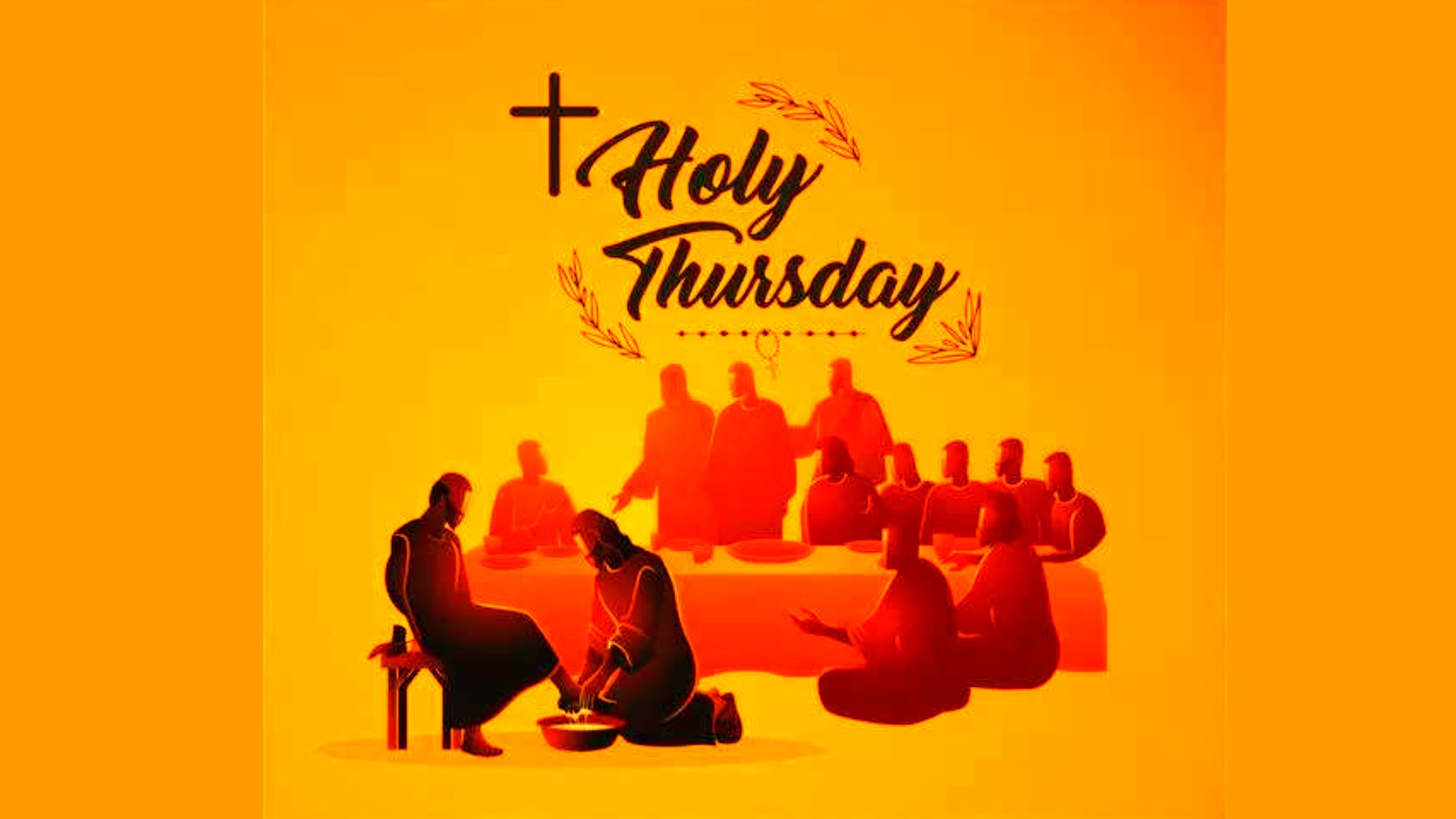PARIS: Former Prime Minister Édouard PHILIPPE talks about his novel "In the shadows"
PARIS: Former Prime Minister Édouard PHILIPPE talks about his novel "In the shadows"
After the victory of his "boss" in the primary, the first adviser to a politician engages with fervor in the presidential campaign. Having sacrificed his life for this moment and this fight, he thought he knew everything about his role, even compromises and renunciations.
But nothing could prepare him for these months of campaigning, for the betrayals of which only those who covet power are capable. When he has to face the suspicions of fraud that taint victory in the primaries, he comes to question for the first time the honesty of his candidate and thereby the meaning of this militant life...
A few questions to Édouard Philippe and Gilles Boyer:
We know Édouard Philippe in his Prime Minister's costume, much less in that of a novelist, lover of literature and comics. Meeting with a tongue-in-cheek guy who (also) delights in fiction, especially when it puts itself at the service of reality.
Now a Member of the European Parliament, Gilles Boyer is also the literary accomplice of Édouard Philippe. From their common passion for writing to that of politics, the two men have nurtured a friendship of more than 20 years.
How was born in the shadows?
Gilles Boyer: After writing our first novel, The Hour of Truth (ed. Flammarion), we continued the adventure with In the Shadows, a kind of sequel that can be read independently. Those who have read the first book will find some common characters but nothing more. In the meantime, Édouard Philippe had become mayor of Le Havre and I was working at the Ministry of Foreign Affairs alongside Alain Juppé. We were therefore already a little more visible, this may have facilitated the good reception of the novel but I nevertheless think that this second novel is better than the first!
In what way is the political environment an eminently romantic universe?
Édouard Philippe: All universes are romantic. When we look at literature, there are extraordinary novels that nevertheless take place in supermarkets: Au bonheur des dames by Émile Zola is indeed set in a supermarket! Whatever the medium chosen, the subjects to be explored remain innumerable. Finally, the novel consists in taking advantage of a story to tell a universe. The political environment is romantic, because it is full of ambitions, paradoxes, feelings, sometimes betrayals, but also stories of loyalty. This world lends itself to the novel and to the description of the human soul, in its most luminous, and - it must be recognized - darkest.
Since Quai d'Orsay (by Christophe Blain and Abel Lanzac), many comic book authors seem to be interested in politics. But many remain on the side of the documentary. That's not your situation.
Édouard Philippe: I am convinced that fiction makes it possible to deal with reality better than stories – which I nevertheless find fascinating. And fiction makes it possible to give thanks to the complexity of feelings, probably better than the story. If I had to write what I believe in politics, I couldn't do it as part of a story. In addition, comics allow you to communicate with a different audience. It is neither better nor worse: it is another way of adapting a text, of addressing the public. It's quite tasty because where the novelist tries to describe a certain number of ellipses and feelings with his words, the drawing allows them to be felt in the blink of an eye: the quality of a look or an expression of face is enough to say a lot.
What were your aspirations for this comic book adaptation?
Édouard Philippe: We had only one requirement: that the tone of our novel not be betrayed. We did not want to caricature the political world. It is a fault in which cinema, literature and television regularly fall. I don't like this oversimplification of human positions, with the good guys on one side and the bad guys on the other. We would not have accepted these adaptations if they had ignored the complexities of our characters.
Gilles Boyer: We left a lot of liberties to Philippe Pelaez and Cédrick Le Bihan because we don't improvise ourselves as comic book authors. It is always disconcerting to discover an adaptation of your text, but you have to let those whose job it is. The narrative springs are so different from those of a novel. For us, the novel was a basis but not a bible! We did not want to be intrusive, and they naturally consulted us at every stage of the project. It seems to me that this adaptation remains very faithful to the book.















Post a Comment